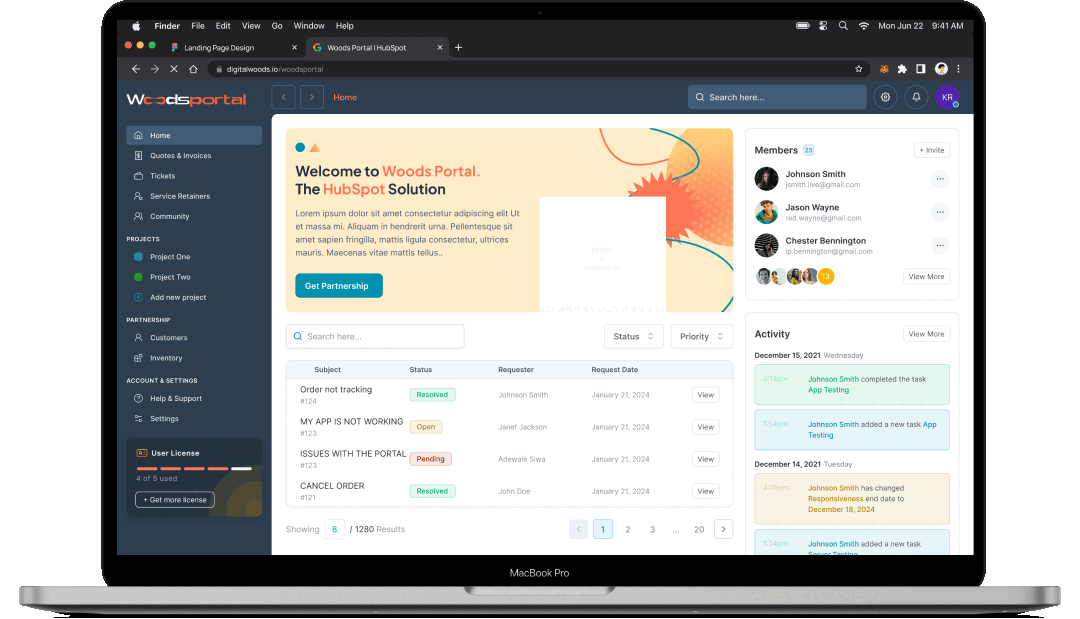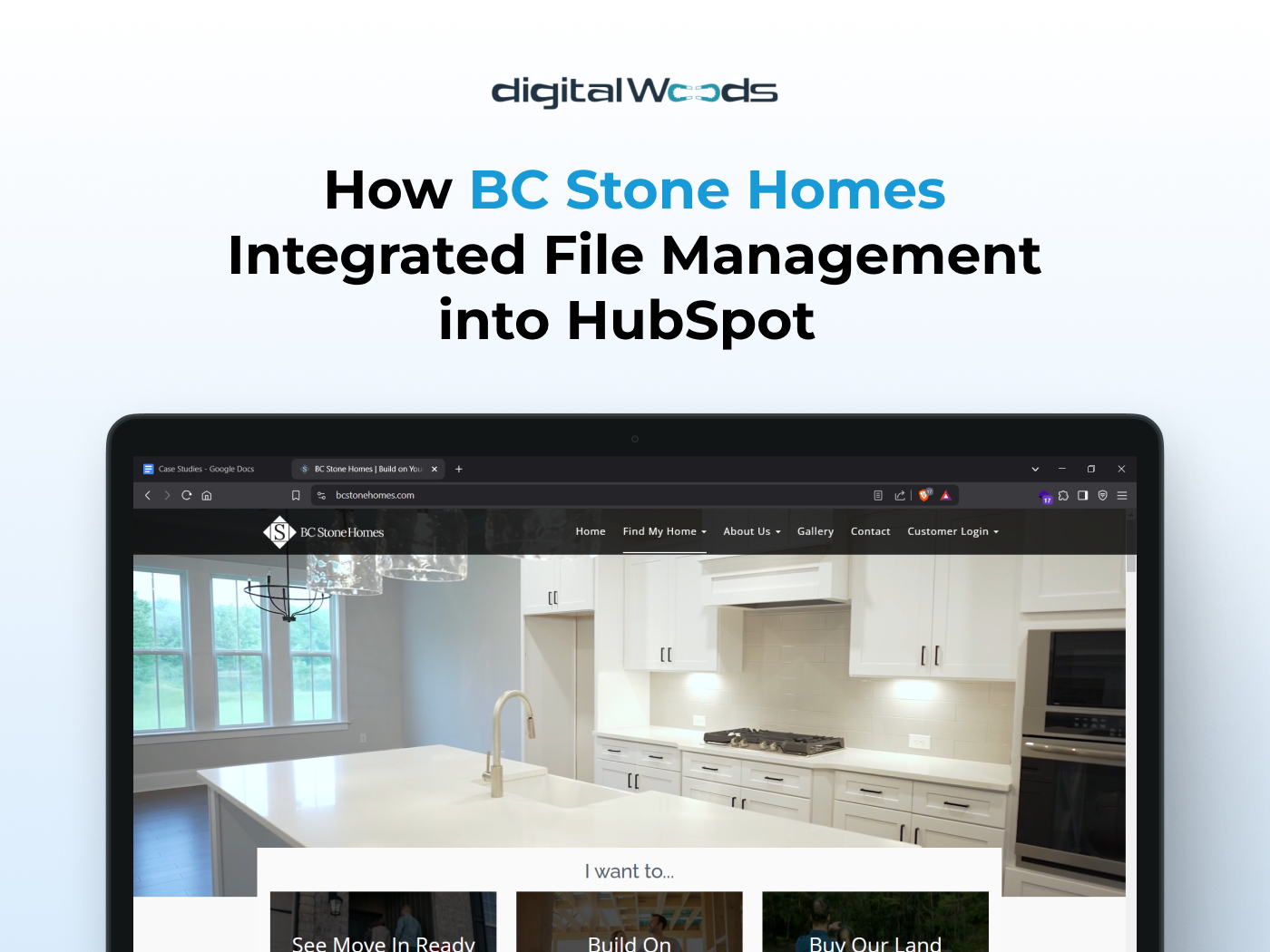We automated podcast updates between Megaphone and HubSpot, eliminating manual work and enabling real-time publishing.
The Challenge: A Manual Bottleneck Slowing Growth
Uploading a podcast should be simple. For our client, it wasn’t. Every new episode meant hours of tedious, manual updates to keep their HubSpot website in sync. The growing workload was slowing them down, creating bottlenecks, and increasing the risk of errors.
The Painful Process
Each time a new episode went live on Megaphone, the team had to:
- Manually create an episode page in HubSpot CMS
- Copy and paste the title, description, and audio URL
- Upload the cover image and ensure the formatting is correct
- Double-check content structure for consistency
.png?width=673&height=505&name=The%20Painful%20Process%20(1).png)
With an expanding podcast library, manual updates became unsustainable. They needed a solution—one that worked behind the scenes while they focused on content.
The challenge was obvious: Could we build a hands-free system that updates itself in real-time?
The Solution: API-Driven Automation for Instant Updates
We built a serverless, event-driven integration between Megaphone and HubSpot, ensuring new episodes update automatically—without manual effort.
Here’s how we made it happen:
Real-Time Updates with Webhooks
To eliminate manual updates, we leveraged Megaphone’s Webhook API, which serves as the real-time event listener for new podcast episodes. The moment an episode is published, Megaphone triggers a webhook, delivering a structured JSON payload directly to our HubSpot CMS Serverless Function. This payload includes:
- Episode title, description, and release date
- Audio file URL and duration
- Cover art and metadata
.png?width=673&height=505&name=automation%20(3).png)
HubSpot CMS Serverless Function: The Automation Engine
At the heart of this automation is a HubSpot CMS Serverless Function—a cloud-based execution environment that operates only when triggered, eliminating the need for dedicated infrastructure. Upon receiving data from Megaphone’s webhook, the function:
- Validates & sanitizes incoming metadata to prevent inconsistencies.
- Transforms episode details into a structured format compatible with HubDB.
- Initiates an API request to insert the episode into HubDB.
Dynamic Pages Powered by HubDB
Think of HubDB-powered dynamic pages as a content blueprint—rather than manually creating a new page for each episode, HubSpot automatically populates pre-designed templates with fresh data from HubDB. This means:
- New episodes instantly generate their own dedicated webpage
- Formatting remains consistent, ensuring a seamless UX
- Podcast managers no longer waste time copy-pasting episode details
Results: A Scalable, Hands-Free Solution
The results speak for themselves. With this integration, our client:
- Reduced manual workload by 100%, eliminating content update delays
- Achieved real-time episode publishing, cutting update time from hours to seconds
- Scaled effortlessly—managing hundreds of episodes without extra effort
- Ensured error-free, structured content updates for every new release
See It in Action
🔗 The Crossing Church Podcast
🔗 Ten Minute Bible Talks
Work smarter, not harder. We specialize in automation, integration, and seamless workflows—so you can focus on growth, not manual tasks. Let’s build something powerful together.


.png)


